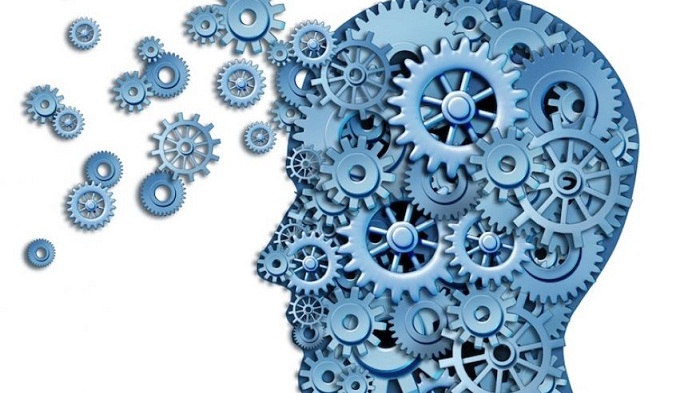“Alzheimer’s is considered to be a disease of memory but we now think from our early work that the difficulty people are really having – at least to begin with – is not to do with declining memories but to do with their declining ability to visualise the location of objects or themselves,” said Karen Ritchie, one of the researchers. “They are losing their ability to navigate.”
A classic example is the character of Alice Howland, played by Julianne Moore in the film Still Alice, said Ritchie. Alice first suspects she has Alzheimer’s when she gets lost, in familiar terrain, while jogging. “That early scene captures it perfectly,” said Ritchie, who was involved in setting up the project with Professor Craig Ritchie (no relation) of Edinburgh University. “It is a loss of navigational skill.”
The project – funded by the Alzheimer’s Society – involves the study of two groups. The first consists of people aged 41 to 59 with close relatives who have developed Alzheimer’s and who are considered to be at relatively high risk. The second is made up of individuals whose lives have not been touched by the disease.
One of the earliest findings, outlined in a paper to be published in the journal Alzheimer’s and Dementia, shows that those who were at higher risk were poorer at tests that measured ability to visualise their position. They also tended to have a small hippocampus, a region of the brain involved in navigation.
The Four Mountains test developed by Cambridge University neuroscientist Dennis Chan is a key ingredient. It involves showing people a picture of a mountain and asking them to identify it in a selection of four other landscapes. There is considerable variation in ability and it provides scientists with a powerful tool to pinpoint those suffering hippocampal degradation. “At present we use computer screens to administer the test but in future we plan to use virtual reality headsets,” said Ritchie.
Cate Latto, who volunteered to take part, feels that loss of navigational ability reflected an important symptom of Alzheimer’s. “My mother developed the disease in late life but even when she was relatively young she could never remember where she put her car keys or where she left her car. As children, we spent our lives hunting through car parks trying to find where she had left it.”
It remains to be seen how effective tests based on measuring navigational prowess will be in predicting who will develop Alzheimer’s in later life. It would also raise ethical issues. If there is no effective treatment for Alzheimer’s why pinpoint those at risk in middle age? What could be gained?
There are several answers, say scientists. Drugs that are currently ineffective may prove far more potent if given during the disease’s early stages. In addition, it is now known that regular exercise, healthy eating and giving up smoking – which improves cardiovascular health – can also help. “There are life-style changes that can help reduce the risk of the disease,” said Ritchie.
This point was stressed by Doug Brown, research director of the Alzheimer’s Society, which has just launched its Unite Against Dementia campaign. “Dementia isn’t just an issue for older people, it will affect us all, and all of us can help find the solutions. As this study shows – people in their 40s and 50s can make a huge research contribution that could help shape the future.”
/Guardian/
More about: #Alzheimer
















-1741770194.jpg&h=190&w=280&zc=1&q=100)






-1741765030.jpg&h=190&w=280&zc=1&q=100)
























